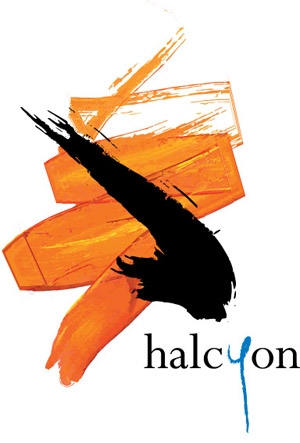Willow Songs
Trackdown Scoring Stage
Sydney Morning Herald September 2009
Reviewed by Harriet Cunningham
Delicate bites, then a main course to satisfy
The first part of Halcyon's latest concert, subtitled Willow Songs, was like a whistle-stop tour of the 20th century in haiku.
The tour did not take in the obvious attractions: no wars or revolutions, artistic or otherwise. It did, however, offer the delicate whiff, like a tea-soaked madeleine, of the work of six composers from six decades in miniature.
Roberto Gerhard's Sept Haiku (1922), for instance, had a tentative astringency from a composer avid to embrace the new. By contrast, the three songs from Anne Boyd's Cycle of Love, written in 1981, were sensual and assured, using the flute as a kind of vocal alter ego, a wise and wordless commentator.
Russian-born Elena Firsova's Seven Haiku (1991) tapped into the troubadour tradition and the two songs from Ton de Leeuw's Haiku of 1963 took sounds and placed them in different spaces and silences, as if under a microscope. Julian Yu's Four Haiku (1992) demonstrated how you can create a complete song from just one note.
It was fascinating, beautifully performed by the soprano Alison Morgan and the mezzo-soprano Jenny Duck-Chong, with their classy line-up of instrumentalists. But madeleines do not make a meal, so after Morgan and the pianist Stephanie McCallum's post-modern palate-cleanser, a neat rendition of Colin Matthews's Strugnell's Haiku, it was time for the main event.
Willow Songs was commissioned by Halcyon, with financial support from Barbara Blackman. It was a good investment. As the composer Andrew Ford says, Anne Stevenson's Willow Song is a ballad waiting to be sung, and Ford finds a gentle lyricism to illuminate the words, enriched by extremes of timbre from piccolo and bass clarinet. This work is an intimate engagement with sensuality, from a woman's point of view, and Ford's music treads carefully, serving the words well without making overly grand gestures of his own.
I particularly liked the tough, worldly-wise voices of Eros and the Cold Woman, spiked with percussive textures. Fools Gold was an excruciating mixture of fun and folly, and Epigraph hung in the air, pregnant with meaning.

